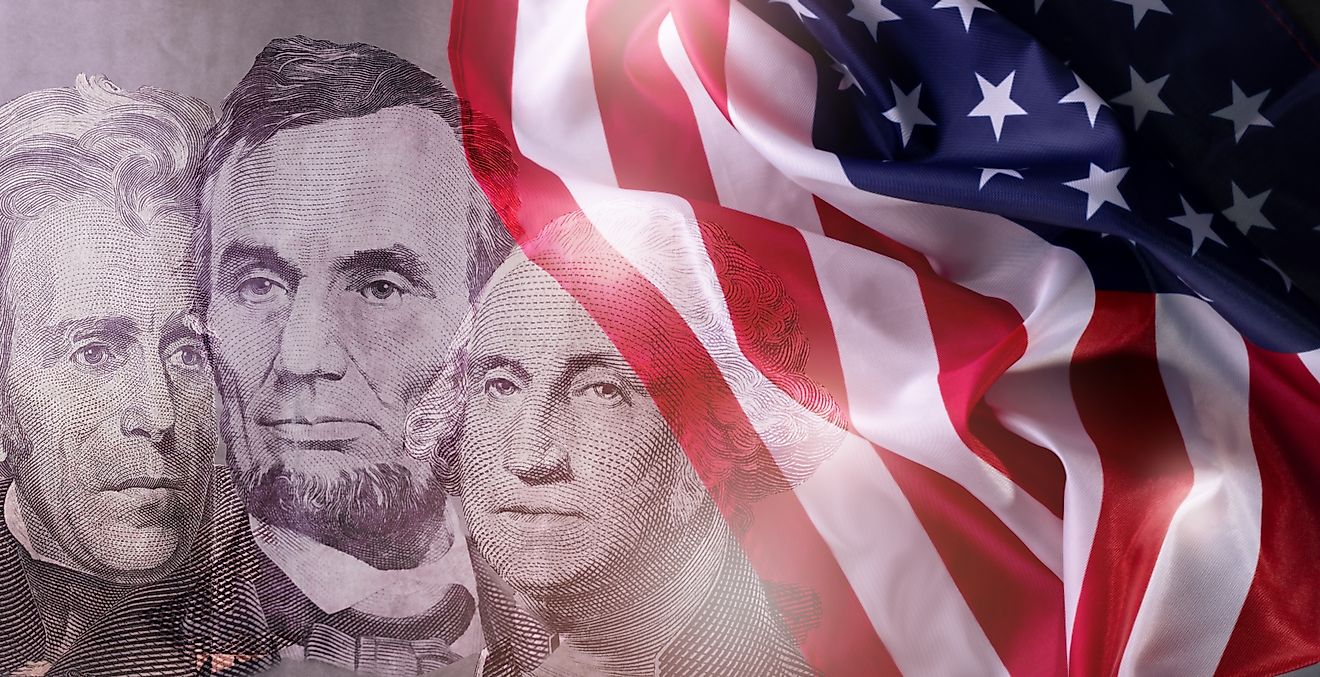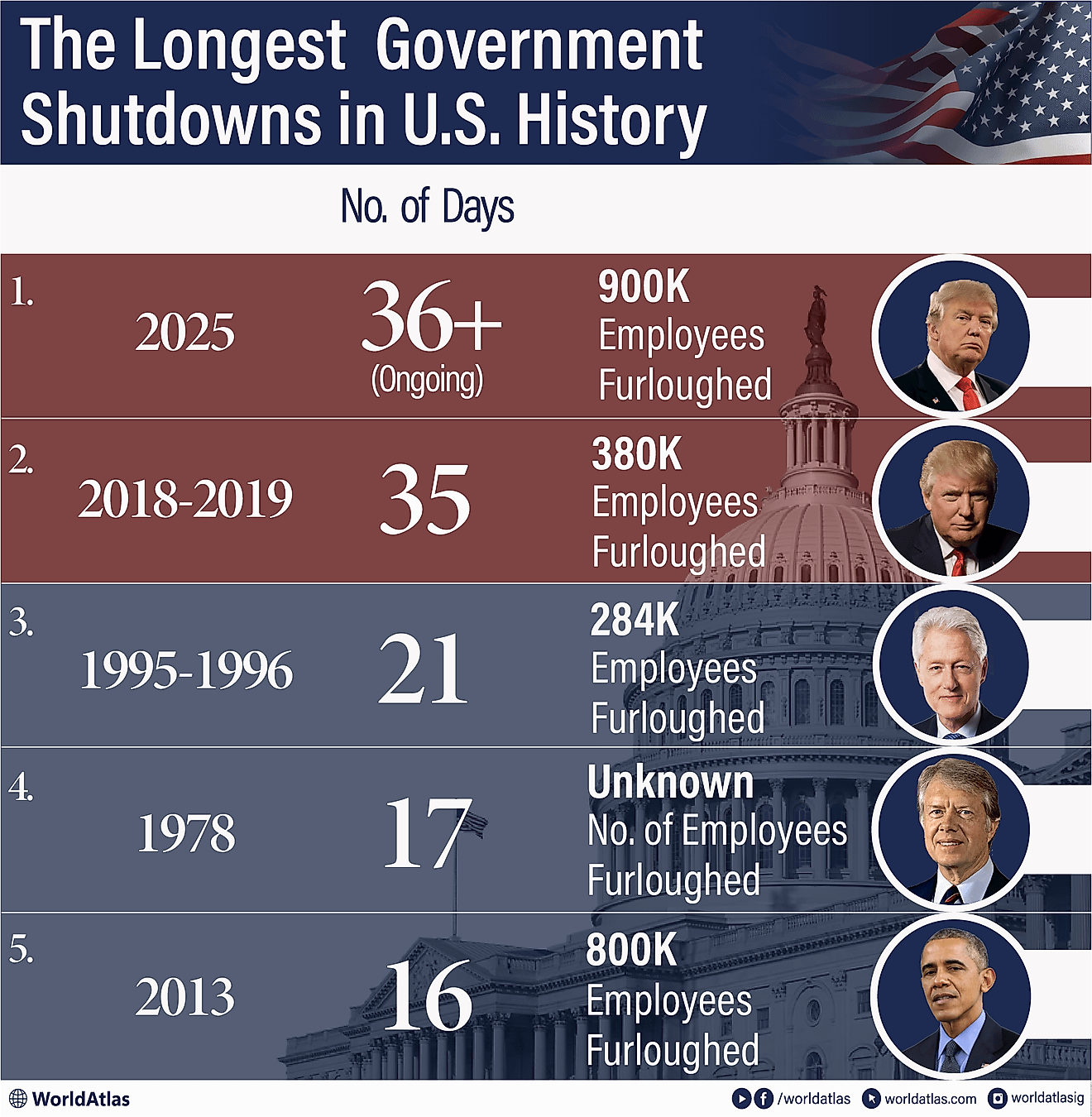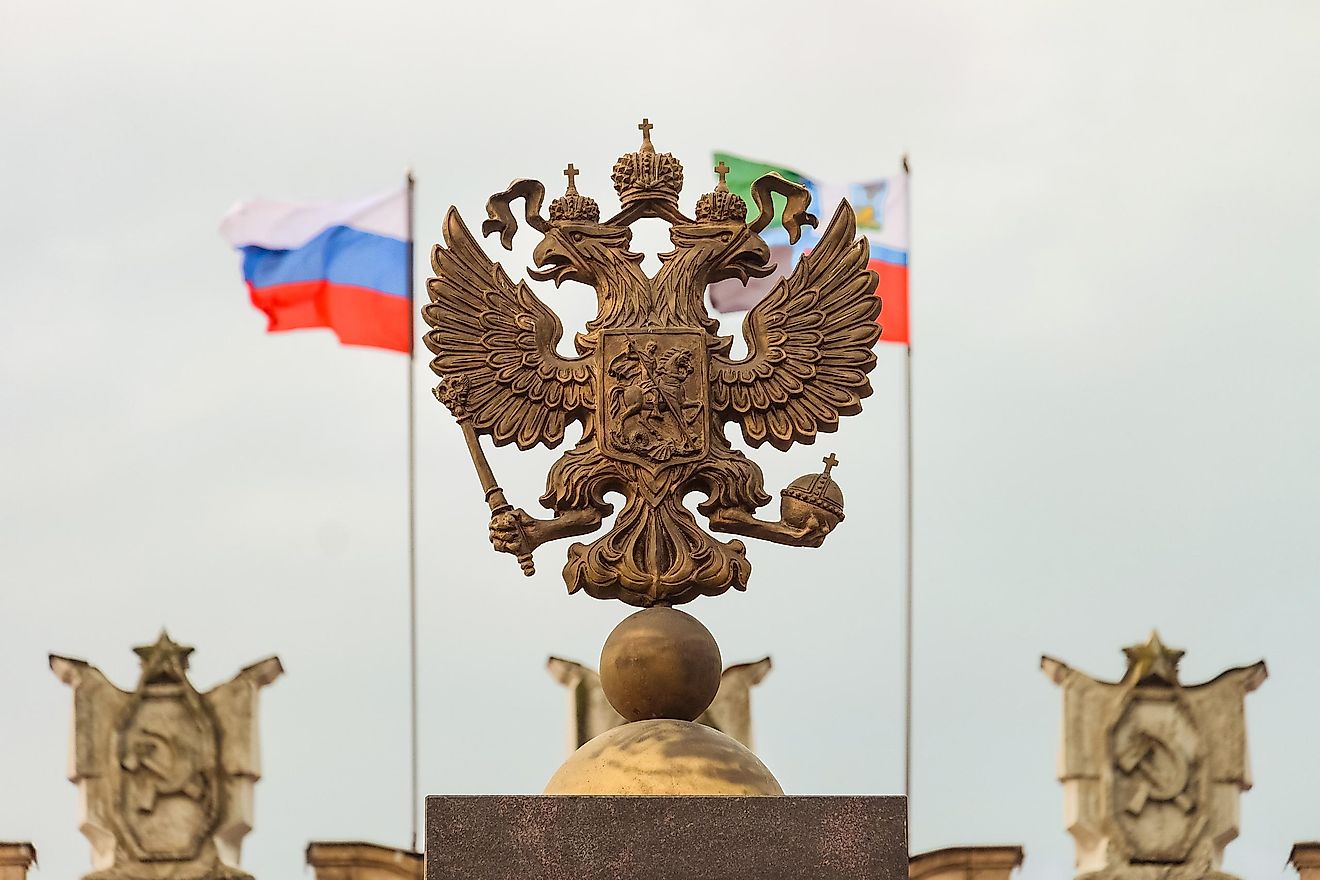Countries With Uncodified Constitutions

An "uncodified constitution" is a constitution made up of rules that are found from various documents in the absence of a single document or written constitution. The documents used as references may include commentaries by judiciary and legal experts. The uncodified constitution is sometimes referred to as “unwritten constitution” although this not not entirely accurate as its elements are written down in several official documents. Under the uncodified constitution, new conditions and situations of government are resolved by precedent or passing legislation.
5. Israel
The state of Israel operates under an unwritten constitution and by the Harari Decision of June 30, 1950, which was adopted by the Israeli Constituent Assembly. Israel has also enacted several basic laws which focus on human rights and the government activities. The Basic Laws of Israel was the country’s common approach and considered the state’s constitution between 1995 and 2006 during the tenure of the Aharon Barak, the Supreme Court president. The state of Israel should have prepared its constitution by October 1, 1948, according to the proclamation of the state’s independence of May 14, 1948. The 1950’s decision to legislate the constitution chapter by chapter resulted in the disagreement on the purpose of the state and its identity. Several draft constitutions have been put forward for a formal constitution.
4. New Zealand
The constitution of New Zealand is a set of laws and principles that define the country and its citizens. The constitution is concerned with the relationship between the individual and the state, and how the government should function. New Zealand has no single constitutional document and instead relies on several documents including the Constitution Act of 1986, Acts of Parliament, and court decisions. The uncodified constitution establishes a country as Monarchy with the Treaty of Waitangi is considered as the founding document for the government. The three branches of the government of New Zealand and their functions are founded on the Constitution Act of 1986.
3. Saudi Arabia
Saudi Arabia bases its legal system on Sharia laws derived from the Quran and Sunnah of Prophet Muhammad. The Sharia also includes the Islamic scholarly consensus which is interpreted by the country’s judges. Sharia has been adopted in Saudi Arabia in an uncodified form. Sharia is also supplemented by regulations issued by royal decrees which put into consideration the modern issues such as intellectual property and corporate laws. Sharia remains the ultimate authority in Saudi Arabia with Quran and Sunnah adopted as the constitution. However, the uncodified Sharia laws often lead to considerable variation in interpretation and application. Court judges often refer to the six medieval texts from Hanbali School before making a ruling.
2. United Kingdom
The constitution of the United Kingdom is based on a set of laws and principles which define the people and the country. The constitution is concerned with the relationship between the people and the state, and the activities of the legislature, judiciary, and the executive. The constitution of the UK is uncodified but is founded on several written and unwritten sources. The constitution is drawn from four sources including status law, common law, political convention, and works of authority. The laws passed by the parliament are the final source of law in the UK. Parliament has the powers of changing a constitution by passing new statutes through an Act of Parliament. According to the Rule of Law, everyone in the UK, including those in authority, are equal before the law.
1. Canada
The Canadian constitution is a combination of the written acts and unwritten conventions. It outlines the country’s system of government and the rights of all citizens and those in the country. The constitution consists of Canada Act 1982, Constitution Act 1867, their amendments, and the acts and orders contained in Section 52(2) of the Constitution Act, 1982. The sources of the unwritten constitutional law include constitutional conventions, royal prerogative by the Crown, and unwritten principles. The Canadian Constitutional Law is concerned with the interpretation and the application of the constitution.











